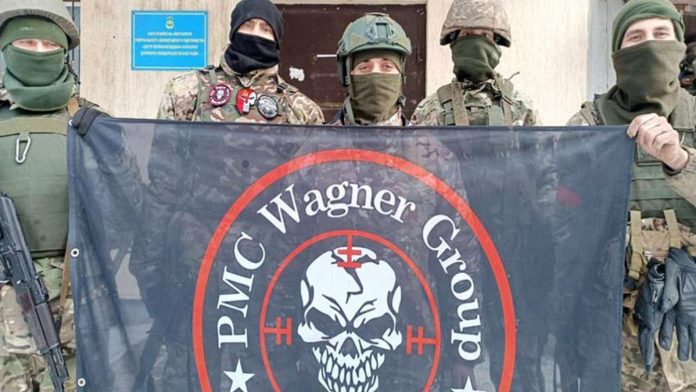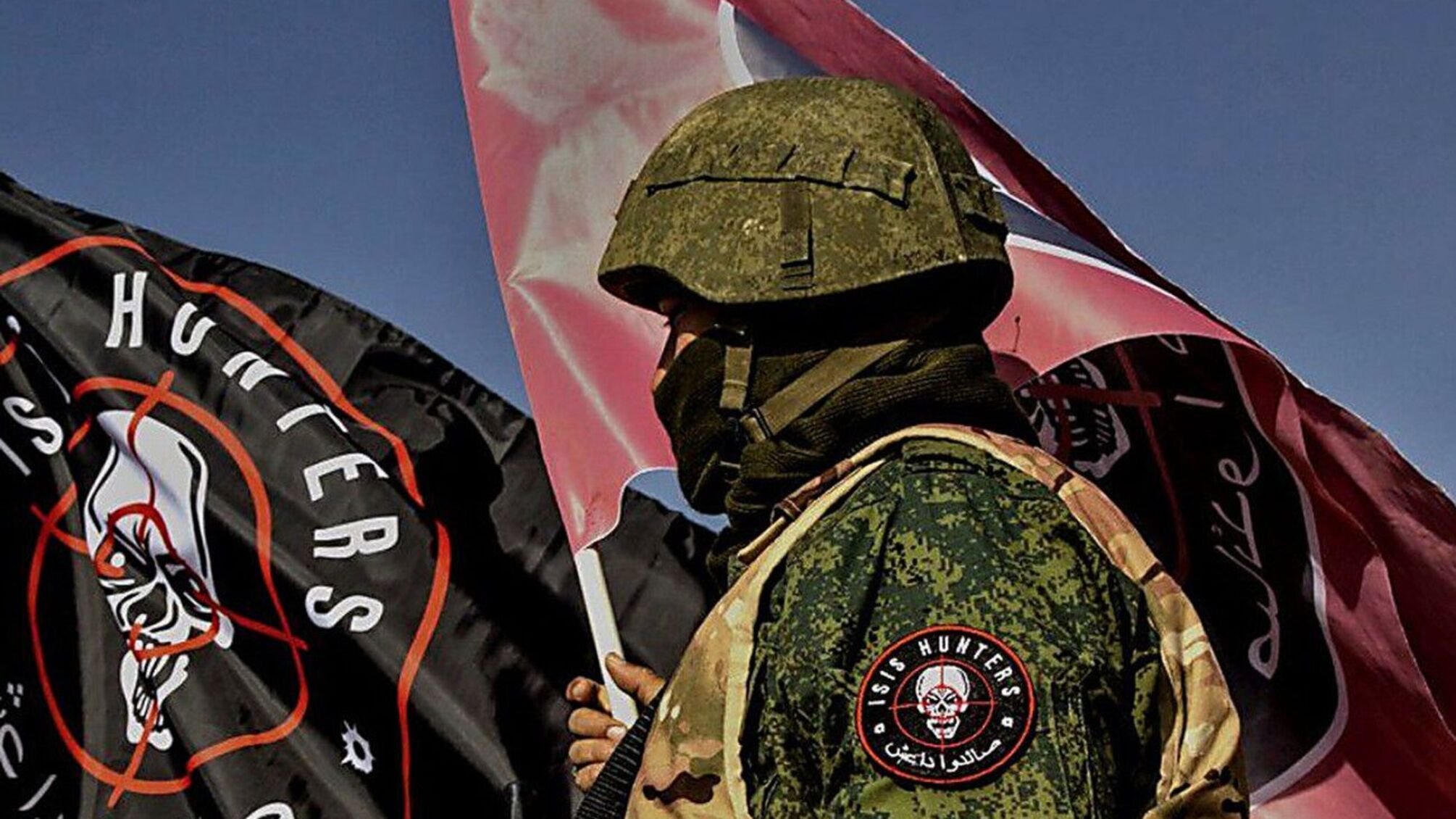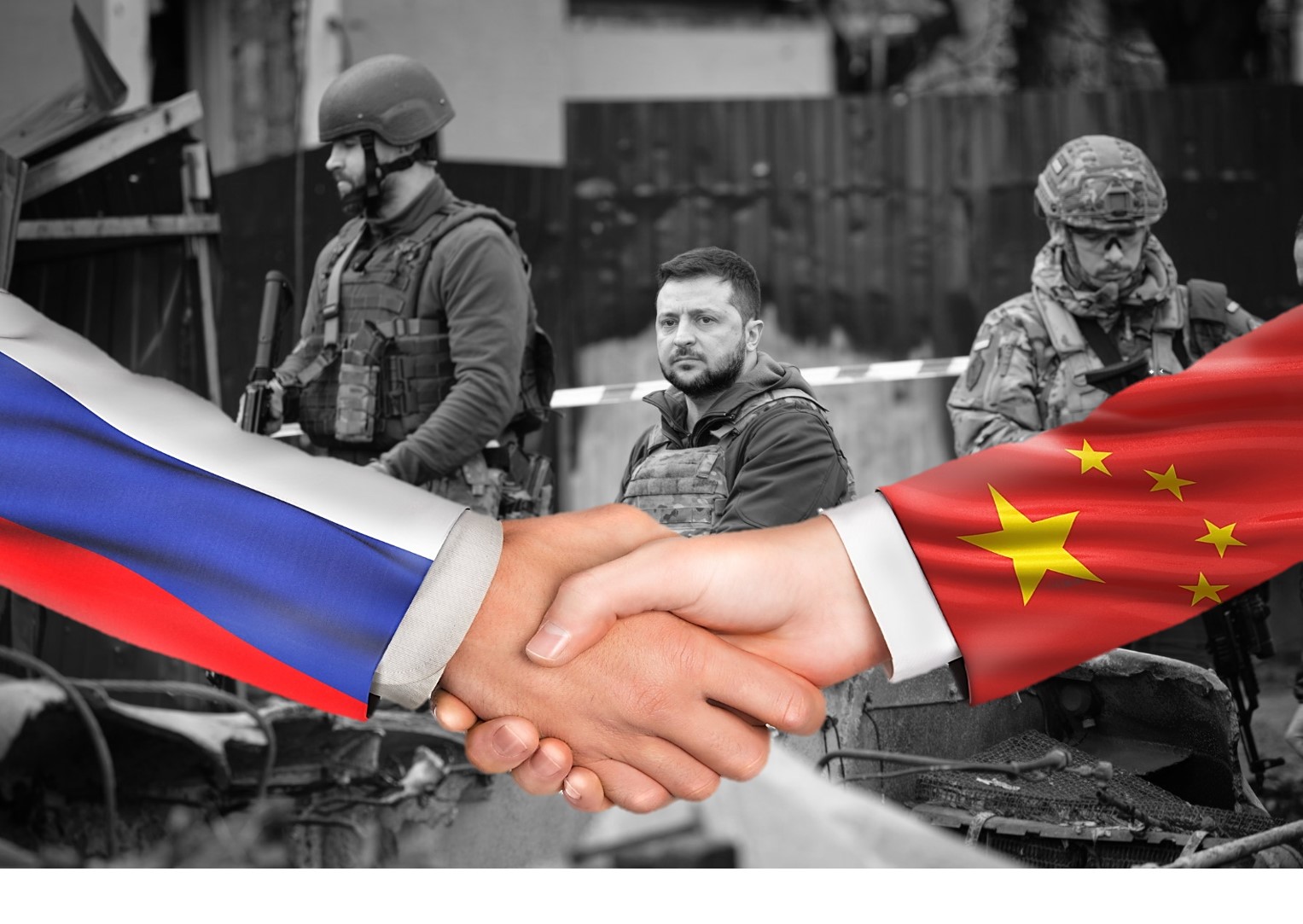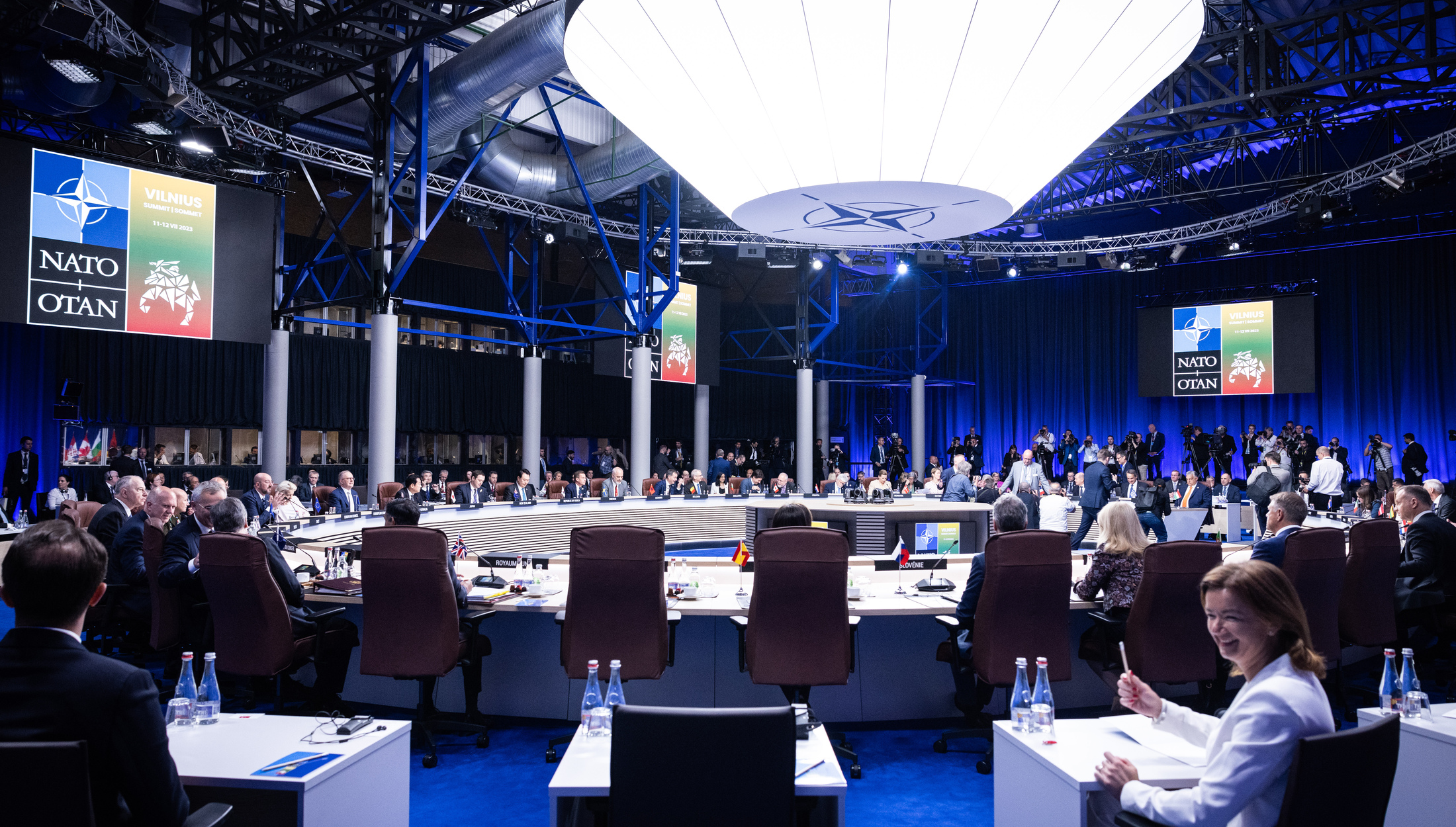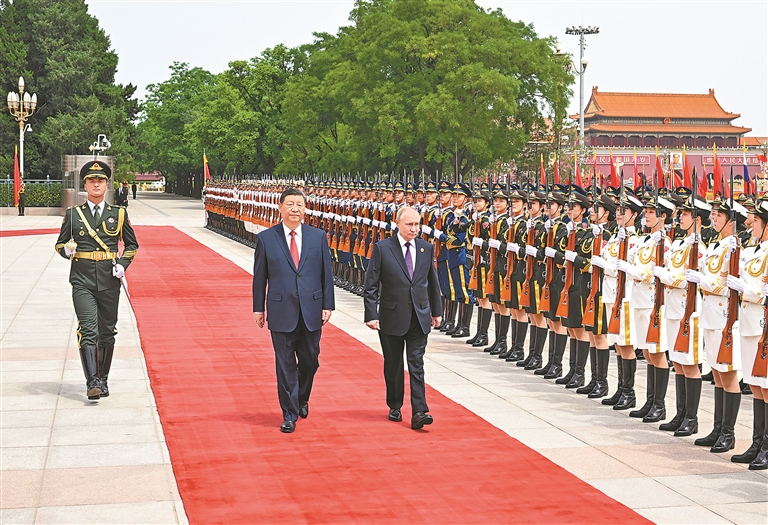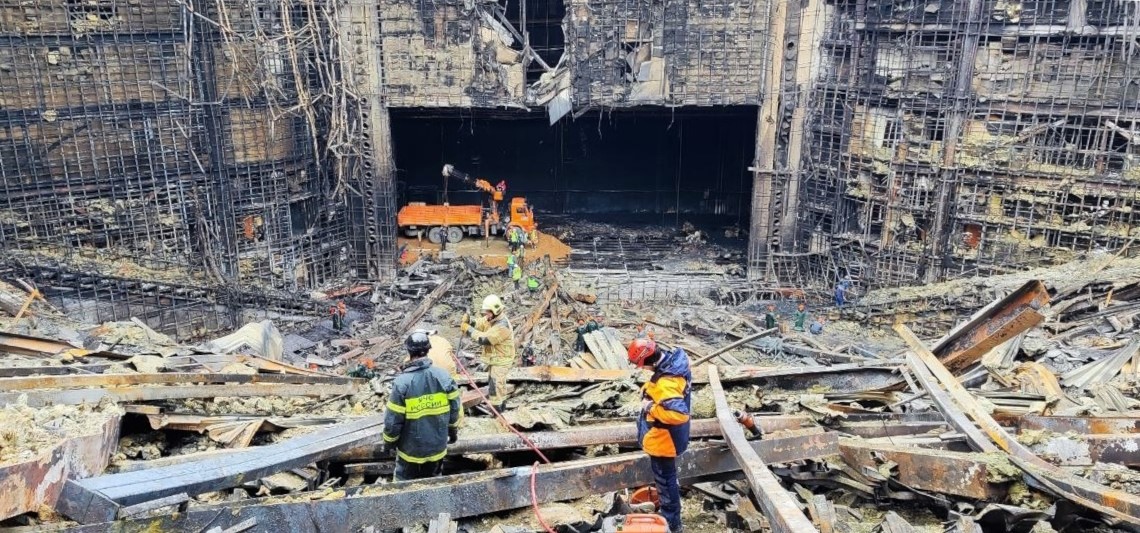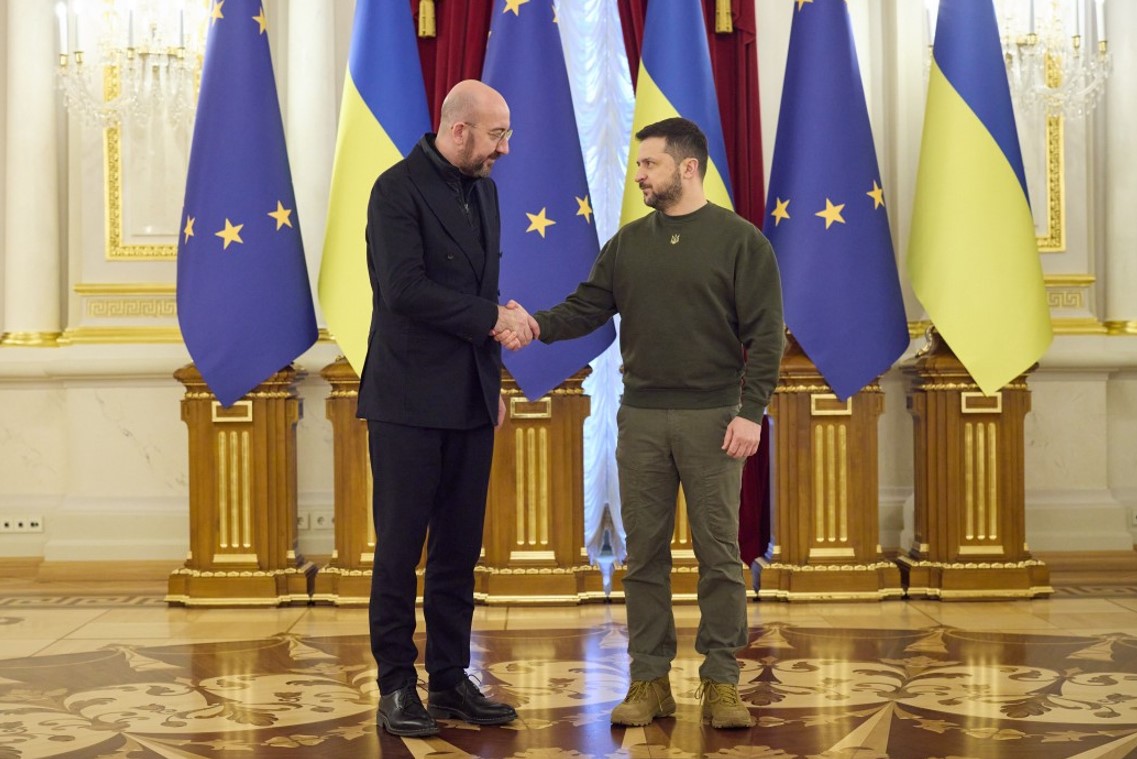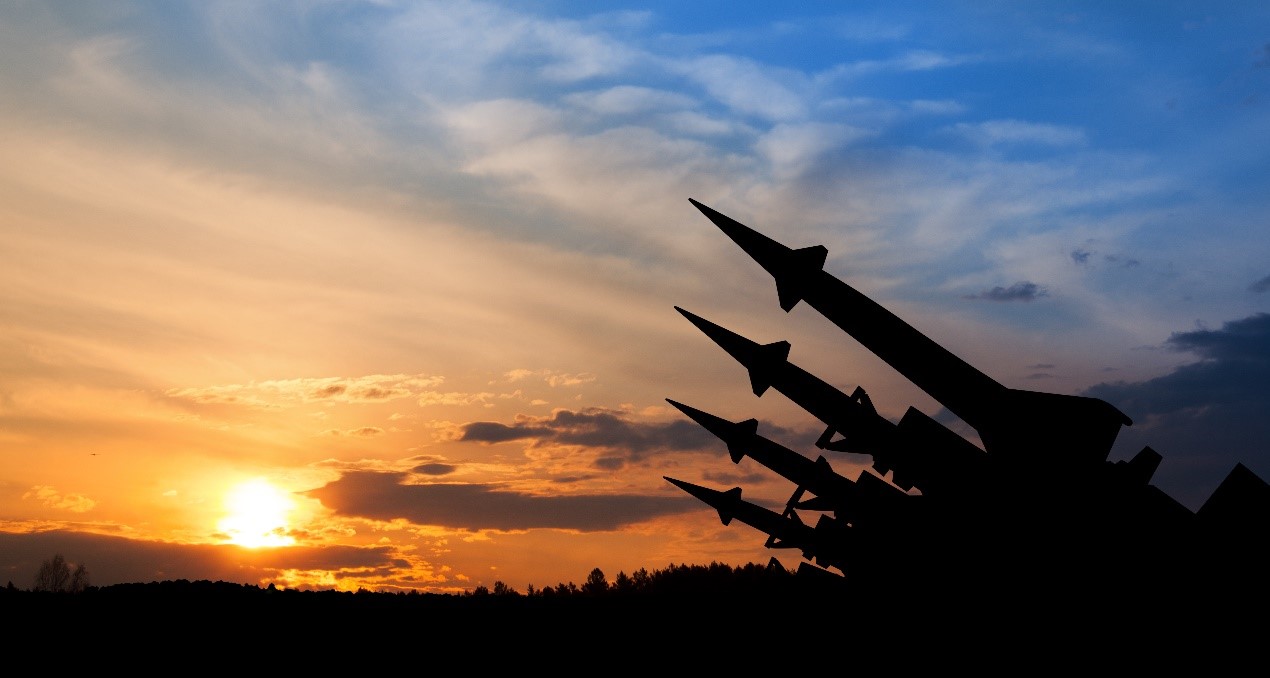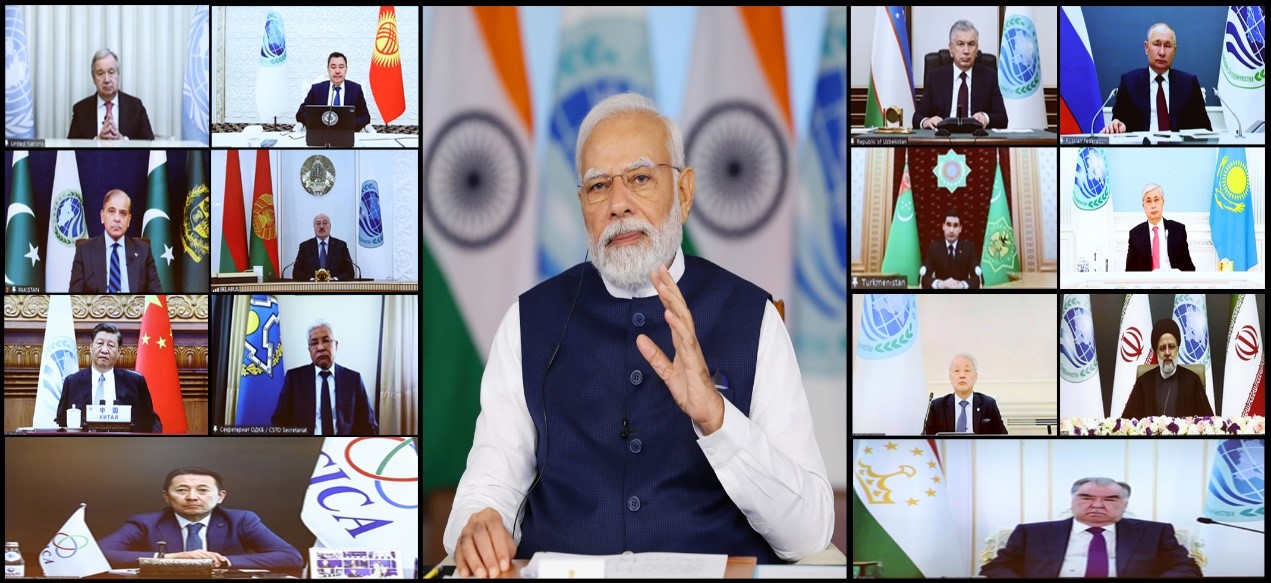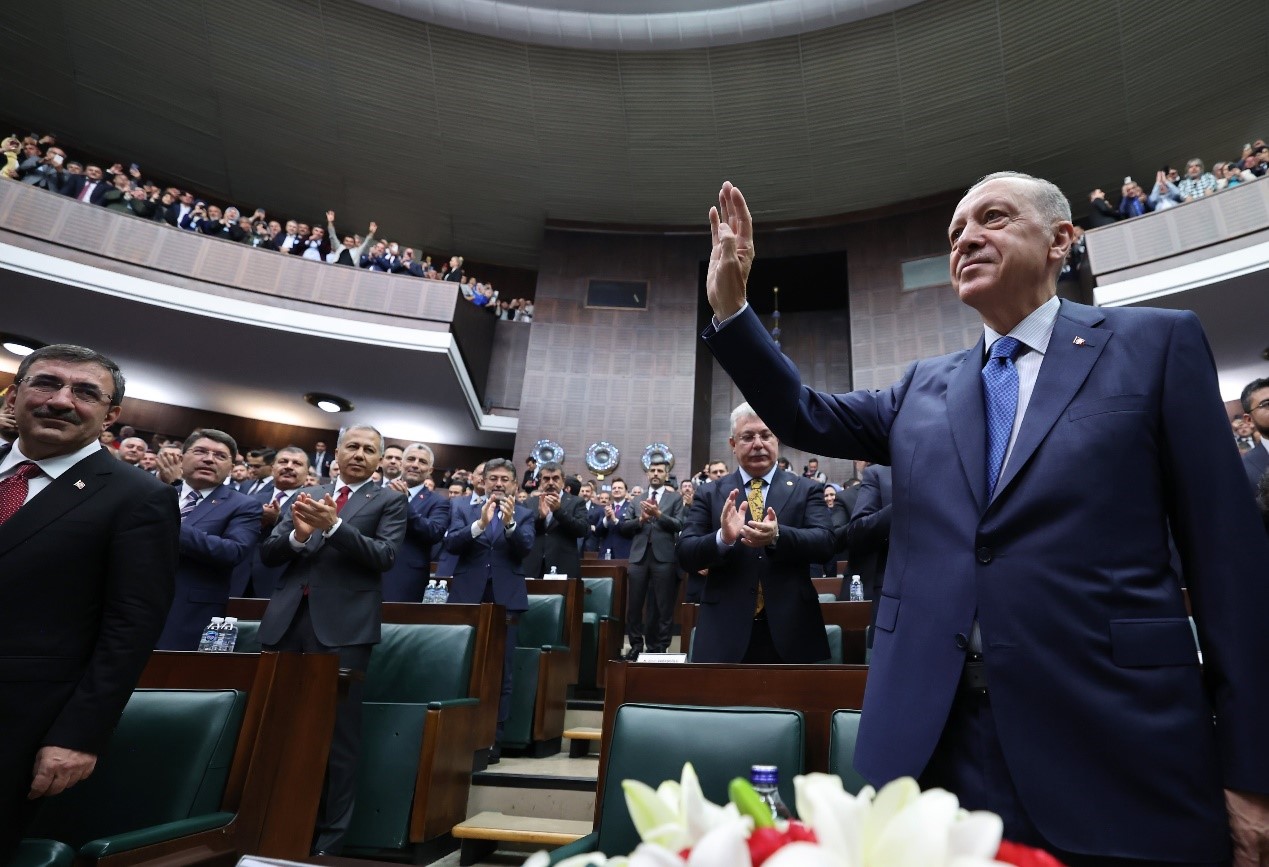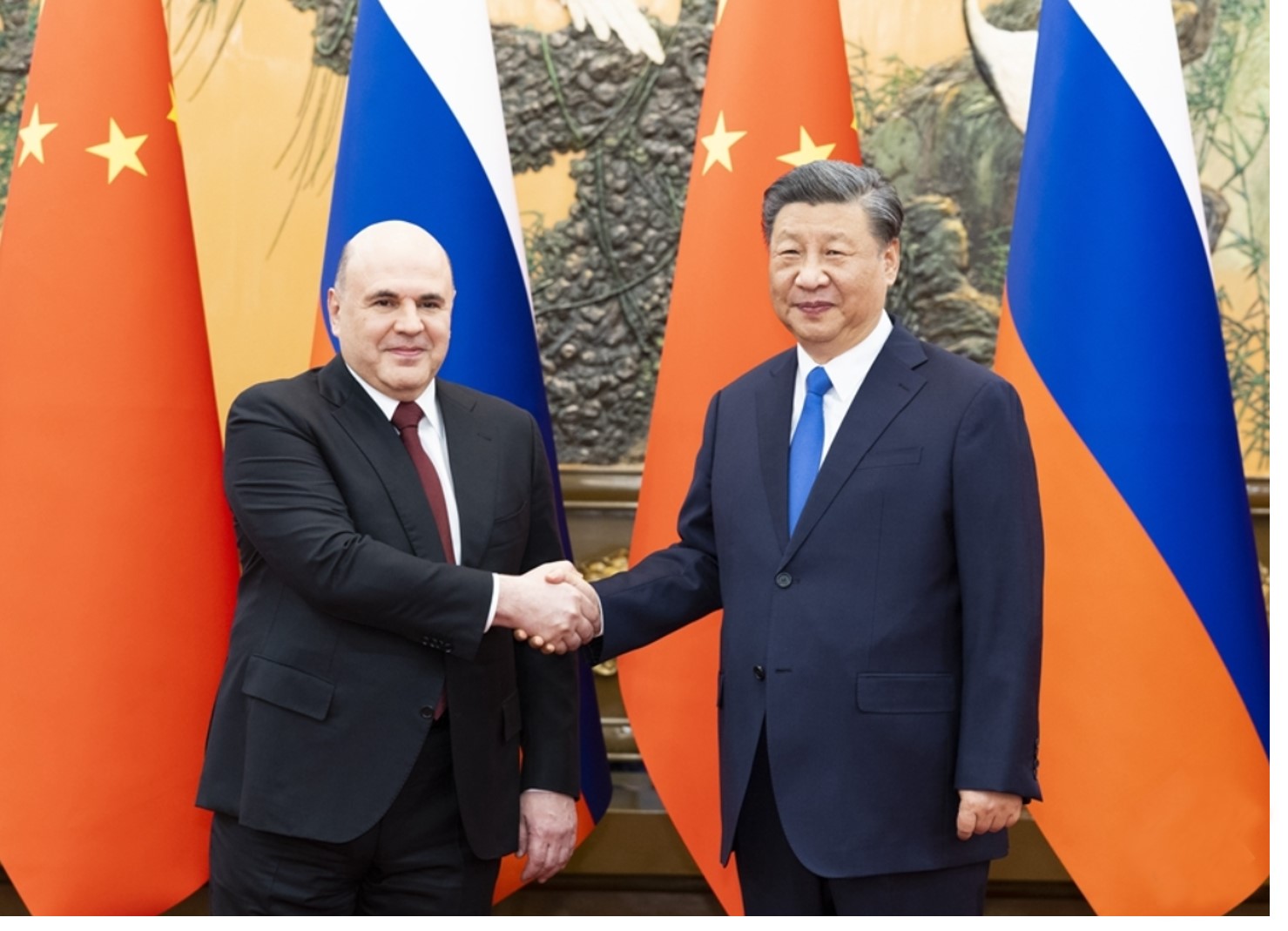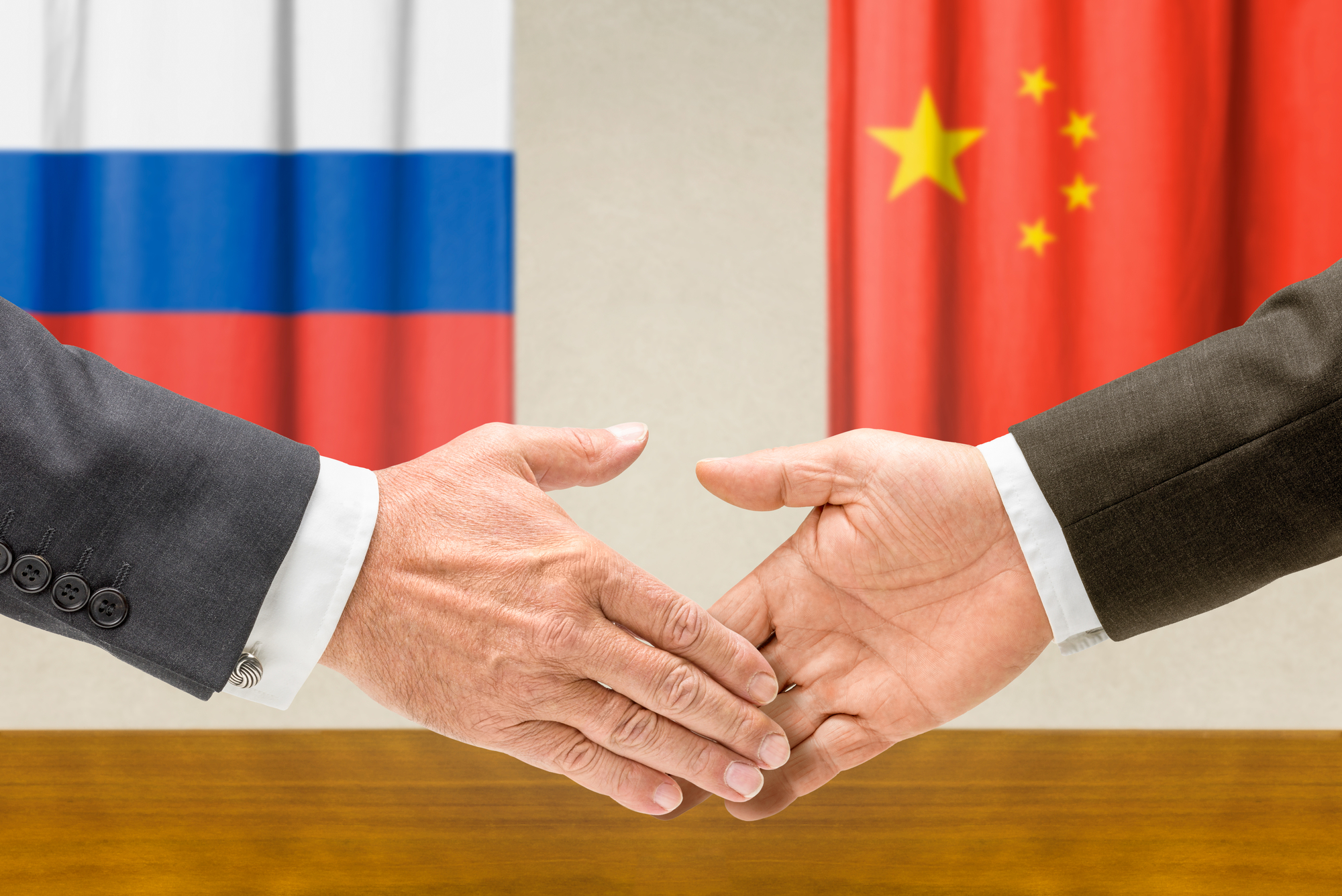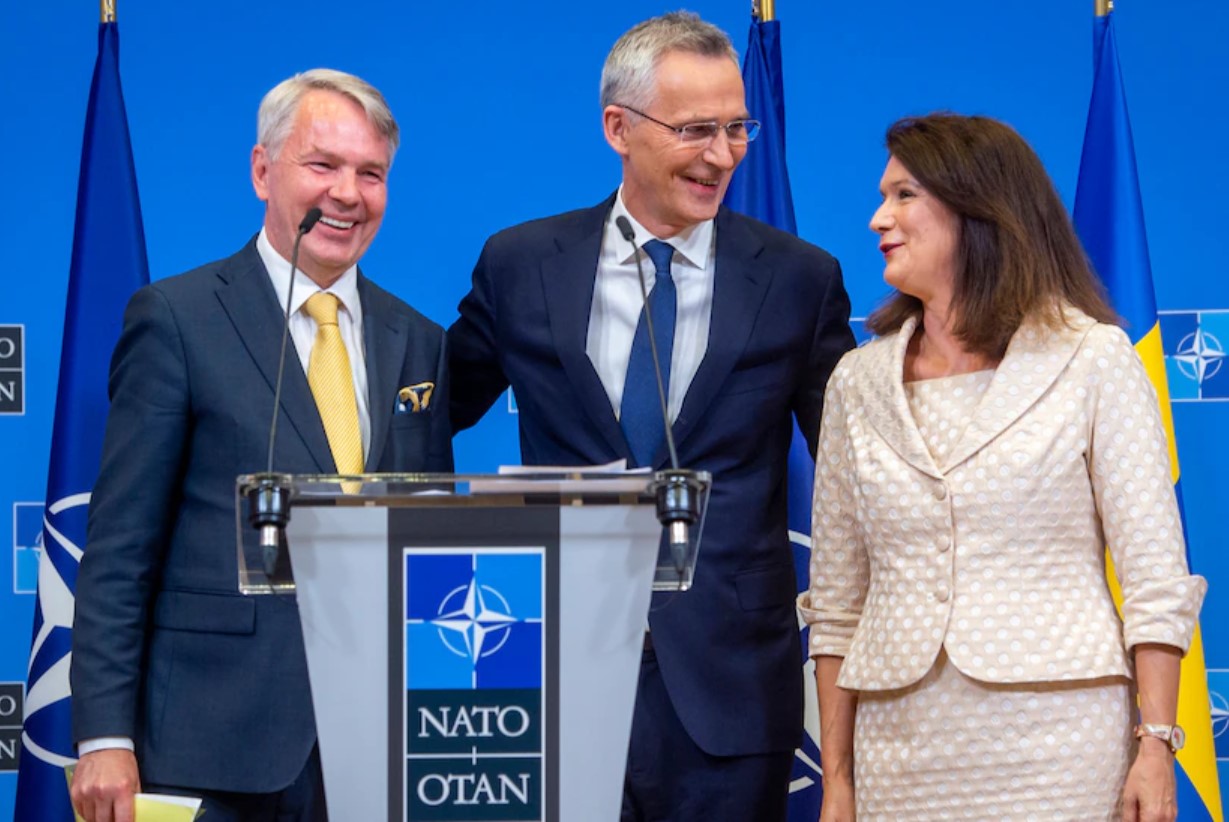After the Wagner Group’s Mutiny, a humiliated Putin would likely get more belligerent not to be perceived as weak. Therefore, he might increase repression inside Russia and launch an assault on Ukraine up one more grade.
Picture source: Ukrainian World Congress, Ju1y 7, 2023, Ukrainian World Congress, https://www.ukrainianworldcongress.org/nato-must-fast-track-ukraines-integration-as-europes-security-situation-deteriorates/.
Prospects & Perspectives No. 44
After the Wagner Mutiny:
Impact on Surrounding Areas and Beyond
By Paiku WEI
Yevgeny Prigozhin’s Drama
On June 23, 2023, a Russian private military company, the Wagner group, staged a mutiny. In just a few hours, Wagner troops seized the Rostov-on-Don city, the administrative center of the Southern Federal district, and set up a base in the headquarters of Russia’s Southern military district. During the rebellion, Wagner forces marched nearly 1,000 kilometers towards Moscow almost entirely unhindered and got to within just a few hundred kilometers of the capital. In the meantime, Belarusian president Alexander Lukashenko acted as a moderator to help the two sides, Russian President Vladimir Putin and Wagner’s leader Yevgeny Prigozhin, to reach an agreement to settle this insurrection the following day, June 24, 2023.
Vladimir Putin’s Response
Prigozhin had previously criticized Defense Minister Sergei Shoigu and Chief of the General Staff Valery Gerasimov. He also blamed them for the country's military shortcomings and demanded that Shoigu and Gerasimov step down from office. However, Putin said publicly that he has no complaints about the performance of the Russian military, so Shoigu is now effectively immune from removal.
Moreover, on June 26, President Putin offered Wagner fighters the choice of signing contracts with the Russian Defence Ministry or going to Belarus to follow Yevgeny Prigozhin.
After an armed uprising, a humiliated Putin would likely get more belligerent not to be perceived as weak. Therefore, he might increase repression inside Russia and launch an assault on Ukraine up one more grade.
Alexander Lukashenko with Open Arms
According to BBC reported on July 17, the new Wagner camp is located at Tsel, a disused military base in southern Belarus - about 103km from the capital Minsk. Besides, Polish Prime Minister Mateusz Morawiecki said on July 29 that more than 100 fighters of the Wagner group had moved to north-western Belarus near the Suwalki gap, Poland's 95km border with Lithuania. This gap also separates Belarus and the Russian exclave of Kaliningrad. Therefore, the Suwalki gap is strategically positioned to defend the safety of NATO’s eastern wing. In addition, Polish government sources estimated that at least 4,000 Wagner fighters had moved to Belarus.
However, on July 18, Belarusian president Lukashenko said he would instantly call upon the Wagner private military company to defend his country if Belarus needed them. Furthermore, Belarus published footage of Wagner troops serving as military instructors for Belarusian soldiers. According to Belarusian Deputy Commander of the Internal Troops Sergei Grebennikov announced, Wagner fighters and Belarusian internal troops began joint training.
Alarm from Mateusz Morawiecki and Gitanas Nauseda
Polish Prime Minister Mateusz Morawiecki warned that some Wagner troops had been spotted near the Belarus border and were potentially preparing sabotage actions against Poland and Lithuania. Meanwhile, Prime Minister Morawiecki said the Wagner group would be hazardous, and it would be redeployed to NATO’s eastern flank to destabilize it.
On August 3, Polish Prime Minister Morawiecki met Lithuanian President Gitanas Nauseda on the Polish side of the Suwałki Gap. At the news conference, the Lithuanian president warned that the Wagner mercenaries in Belarus were an additional security risk factor for Lithuania, Poland, and NATO allies. President Nauseda added that Lithuania and Poland stood ready for any possible scenario and would also jointly continue to assess whether to close their borders completely with Belarus.
Concerning Wagner group’s relocation and training of the Belarusian army, NATO’s spokesperson Oana Lungescu said NATO was closely monitoring all military activities inside Belarus and did not see any direct or imminent military threat posed by Wagner mercenaries to our allies, but NATO will remain vigilant.
Worry of Antony Blinken
Wagner group will play an active role in Russia’s foreign policy in Africa. Wagner mercenary Group, founder Yevgeny Prigozhin, was present in Russia’s second-largest city, St. Petersburg, on July 27, 2023, and took the opportunity to meet informally with some African leaders. Prigozhin strove to meet with and message African leaders are likely part of Wagner's efforts to maintain its lucrative military and mining contracts in Africa.
Wagner is believed to have thousands of fighters in countries including the Central African Republic and Mali, where it has business interests. In the meantime, it also supports Russia's diplomatic and economic relations with African countries. Recently, Russian influence in Africa has grown, partly because of the presence of the Wagner group. The mercenary Group is seen as an informal foreign policy tool for the Kremlin and as a security service for countries in conflict in this region. Therefore, the Wagner group strengthened Moscow’s ties with African states and earned profits from access to natural resources such as diamonds, gold, and oil.
The US Secretary of State Antony Blinken told the BBC that Washington worried about the Wagner group taking advantage of instability in Niger and possibly manifesting itself in parts of the Sahel region.
A Lesson for Xi Jinping
The Wagner Group’s armed uprising teaches Chinese President Xi Jinping some lessons. Most importantly, he will further ensure the Party holds absolute command over the People’s Liberation Army and for Xi to be at the core of the whole apparatus. In other words, the importance of centralized political control over the military is the first lesson for Xi.
Of nearly 5,000 security companies registered in China, 20 have been licensed to operate overseas. But Chinese security firms operate differently from Russian private military companies; Chinese security firms are not allowed to carry weapons domestically or even overseas. Many employees are former members of the People’s Liberation Army and the People’s Armed Police and are more engaged in training, surveillance, and intelligence-gathering. Unlike the Wagner Group, the mutiny risk of Chinese security companies is lower. Still, the Chinese Communist Party must control them absolutely and have zero tolerance for any potential challengers to its power.
(Dr. WEI is Associate Professor, Graduate Institute of Russian Studies National Chengchi University.)


